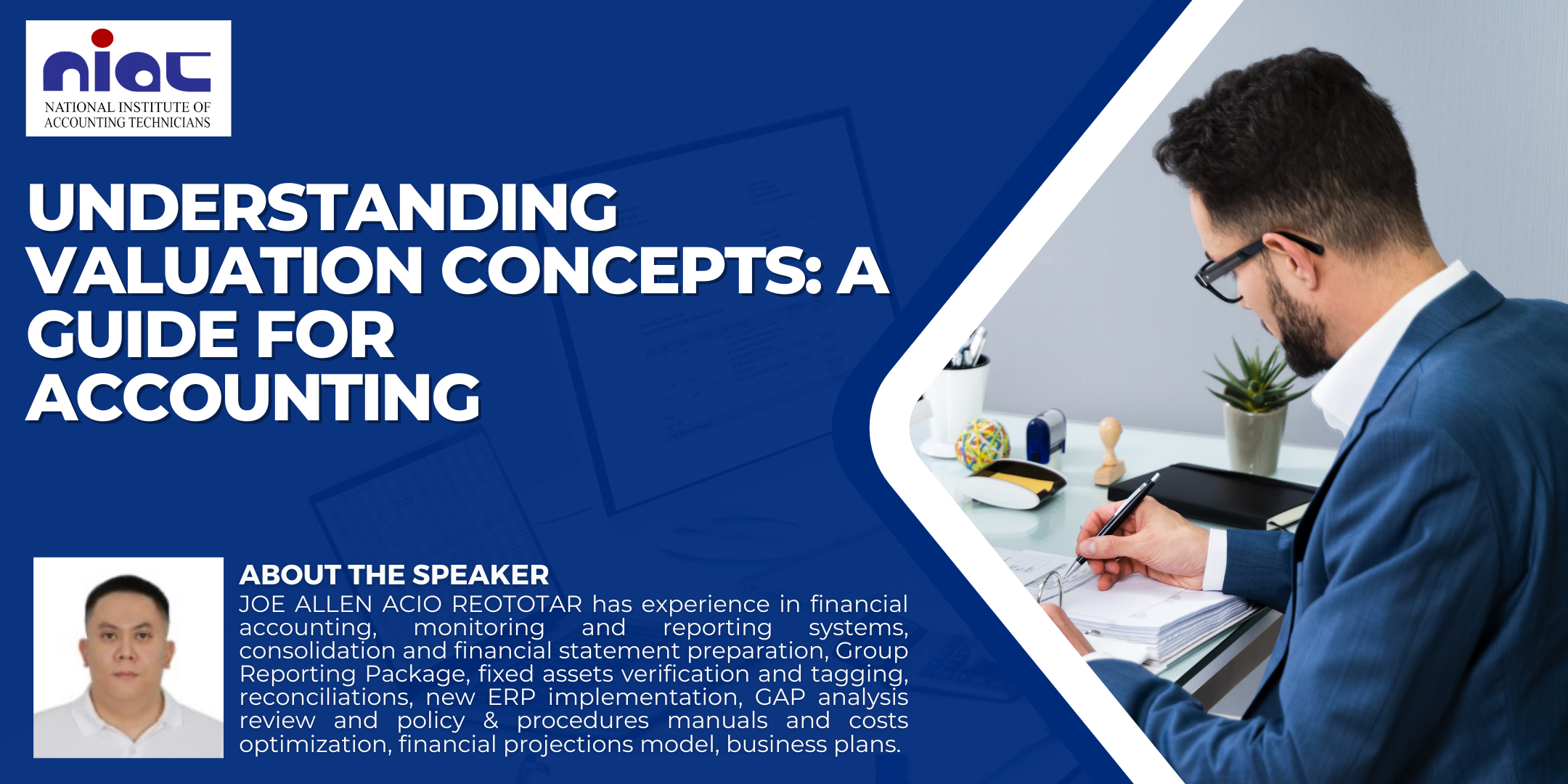
Valuation and Professional Judgment
Joe Allen Reototar discussed the concept of valuation, emphasizing that it involves a mix of quantitative analysis, financial modeling, and subjective judgment. He explained that external factors, individual perceptions, and biases can affect the final value determination. He also highlighted the importance of using rigorous methodologies and professional judgment. Later, Joe led a conversation where Jessica responded ‘false’ to a question, but she did not provide any justification for her answer.
Valuation Process Complexities and Biases
Joe Allen Reototar discussed the complexities and biases involved in the valuation process, highlighting the importance of striving for reasonable accuracy. He debunked the notion that a quantitative model always yields better valuation results, emphasizing the need for a balance between quantitative and qualitative analysis. Joe also stressed the significance of using high-quality data in the valuation process. He differentiated between valuing and pricing an asset, explaining that valuing involves determining an asset’s fundamental value, while pricing focuses on establishing its fair market value based on current supply and demand dynamics.
The Art of Valuation: Subjectivity and Intangibles
Joe Allen Reototar discussed the nature of valuation, describing it as an art, a science, or a craft. He highlighted the importance of subjectivity and the ability to interpret market trends and assess qualitative factors. Joe emphasized that the art of valuation involves considering various intangible factors that can impact an asset’s value, such as the artist’s repetition, historical significance, and aesthetic appeal, as well as factors like brand recognition, customer loyalty, and management expertise when valuing a business.
Valuation: Importance and Methods in Industries
Joe Allen Reototar discussed the importance of accurate valuation in various industries, emphasizing that it’s a blend of metrics, forecasting, and intuition. He explained that valuation is a scientific approach that uses financial statements, market data, and economic indicators, and statistical models to estimate an asset’s worth. However, it also incorporates qualitative factors such as intangible assets and competitive advantages. Joe also highlighted the significance of valuation in decision making when buying, selling, or investing in assets. He further discussed different methods for valuing assets, including the market approach, cost approach, and income approach.
Business Valuation Methods Explained
Joe Allen Reototar discussed various methods used in business valuation, specifically the market approach, cost approach, and income approach. He explained that the market approach estimates the value of a business based on its market price, while the cost approach determines the value based on the cost of building a similar business. He briefly mentioned the income approach, but did not go into detail. Joe highlighted that the value at cost is the starting point when making a market value decision.
Comparative Analysis and Company Valuation
Joe Allen Reototar discussed the art of supposition, emphasizing the importance of comparative analysis in determining the value of a company or asset. He highlighted the need for careful selection of comparable companies or assets when conducting a comparative analysis to ensure accurate valuation. He also discussed the impact of external factors on a company’s valuation and explained the difference between enterprise value and equity value. Joe stressed that understanding a company’s value requires considering both its current earnings and its potential future growth. He concluded by noting that AI technology is increasingly being used in the industry to help determine a company’s true value.
Business Valuation: Understanding Financial Statements and Tools
Joe Allen Reototar discussed the concept of business valuation, emphasizing that it involves understanding financial statements and using various tools and ratios to assess profitability, liquidity, and solvency. He stressed that valuation is a journey, not a destination, and involves a comparative analysis of market value. Joe highlighted the complexities and challenges involved in the process of buying or investing, emphasizing the importance of understanding potential financial gains and losses. He pointed out the issue of limited access to relevant information, particularly when dealing with unique or specialized assets. He stressed the importance of relying on professional judgement rather than solely on valuation reports and shared his experiences in the field, noting that sometimes the value derived by owners is more accurate than that derived by valuation experts.
COVID-19 Impact on US and Philippines Markets: Valuation Methods and Expertise
Joe Allen Reototar discussed the impact of COVID-19 on the US and Philippines markets, highlighting the need for expertise in valuation methods. He presented an appraisal report from August 2023, explaining its contents and the importance of comprehending the report’s findings. He emphasized the importance of questioning the valuation experts and auditors, and noted the impact of market conditions on property valuations. The discussion concluded with Joe expressing openness to answer any questions. No questions were raised during the presentation.



